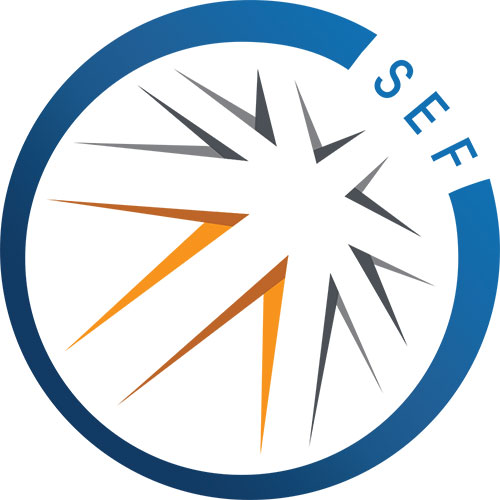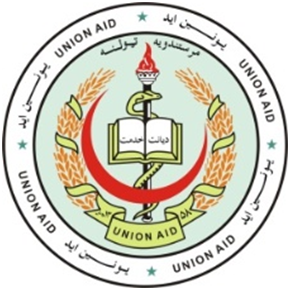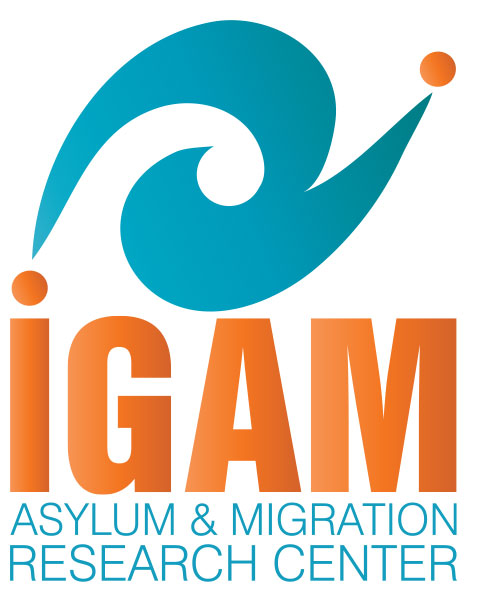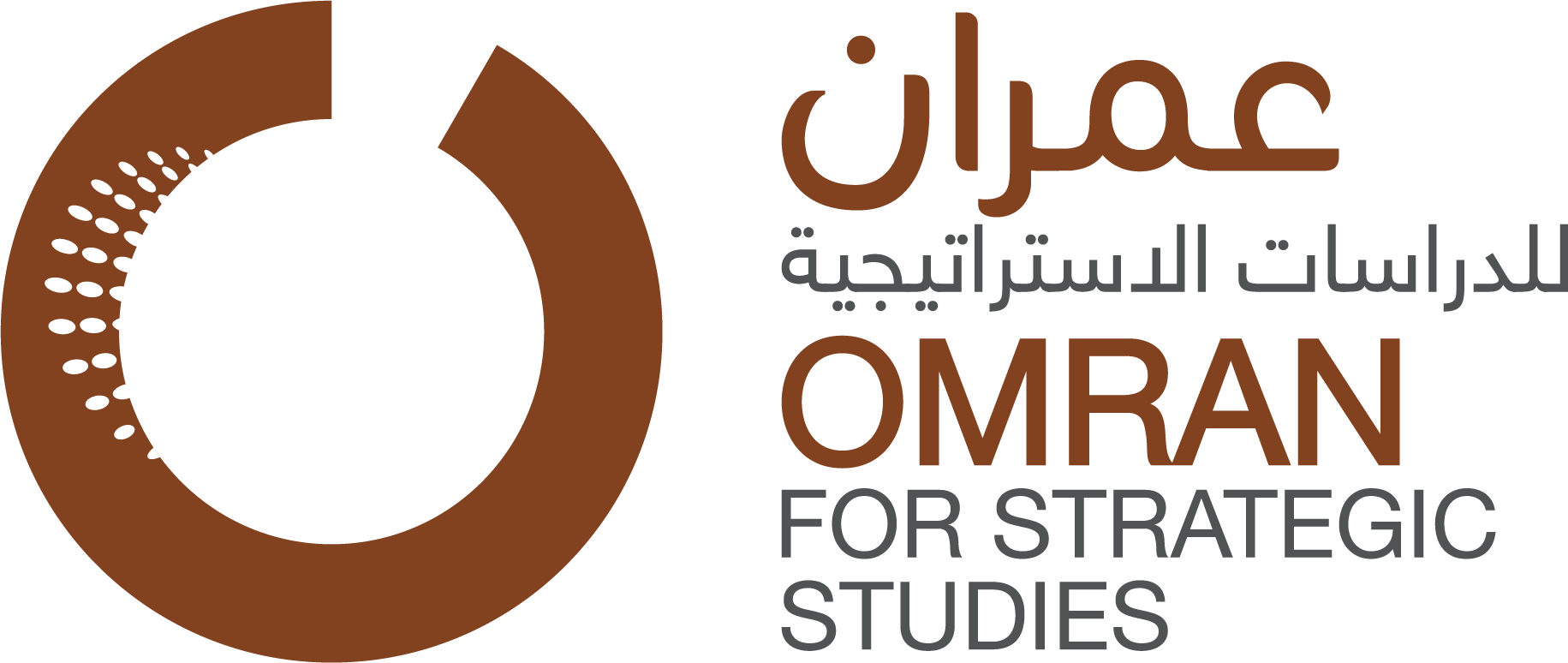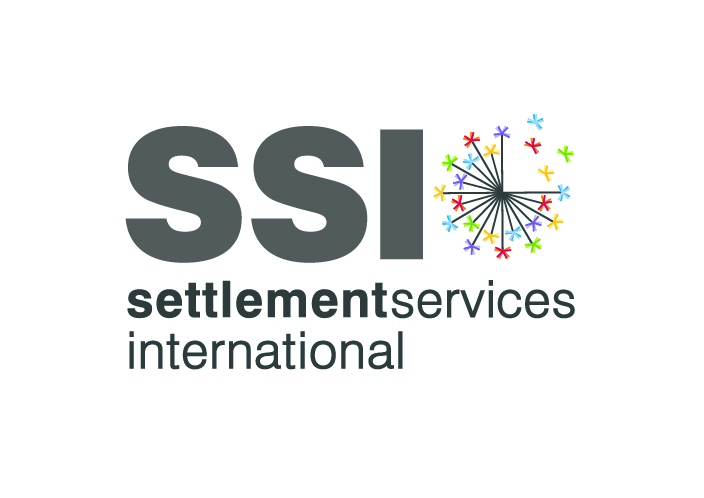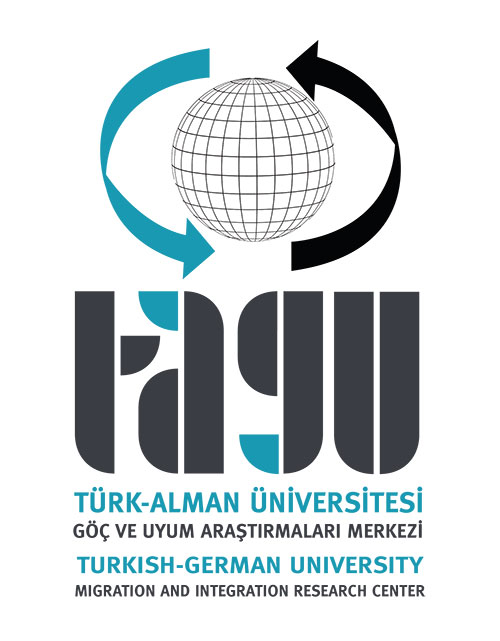Forced displacement across international borders is at record levels, and the number of people living in protracted refugee situations is at an all-time high. While the provision of immediate humanitarian assistance to protect refugees remains critical, long-term solutions must be found to enable refugees, regardless of their country of origin, to live in dignity with their rights fully realized. Solutions that are considered durable include resettlement of refugees to a third country; voluntary repatriation to their country of origin; and long-term integration into their country of asylum. In practice, however, only a small share of the global refugee population is now able to access these solutions; the majority live in a state of limbo, unable to enjoy their rights, return home or travel freely.
Despite repeated commitments to the principle of responsibility sharing reiterated by states over the last 70 years, there is no associated legally binding obligation, nor is there a system in place which provides a predictable and equitable distribution of responsibility. With no formal agreements regarding terms for sharing responsibilities, the system of international response is dependent on the voluntary and discretionary acts of individual states. Inevitably, this has created tremendous gaps in the scope, scale and predictability of refugee response and protection.
Policy Recommendations
The policy paper developed by the Durable Solutions Working Group puts forward policy recommendations to protect the rights of refugees and enable them to live in dignity and with financial security, whether residing in countries of first asylum, repatriating to countries of origin or resettling in other countries. It takes into consideration the existing political and economic conditions of host countries and aims to distribute responsibilities between them in an equitable manner.
You can access the policy paper here.
You can access the background paper for the Durable Solutions Working Group here.
Working group members
The policy recommendations developed by the Durable Solutions Working Group are based on inputs from 12 organizations, including five refugee-led organizations, seven national organizations and one international organization, from seven countries: Pakistan, Australia, Kenya, Turkey, Lebanon, Jordan and the US. The following organizations participated in the policy development process:
